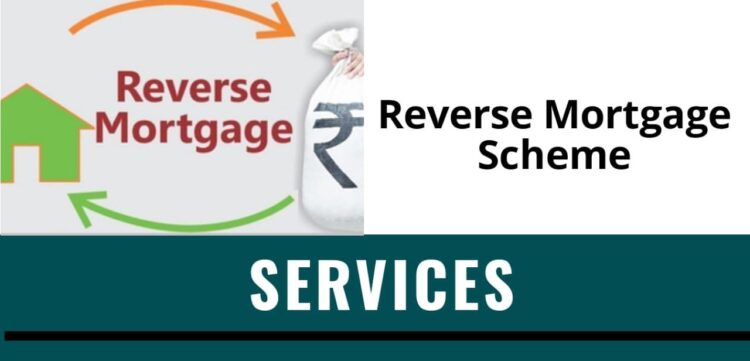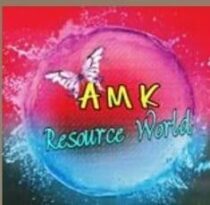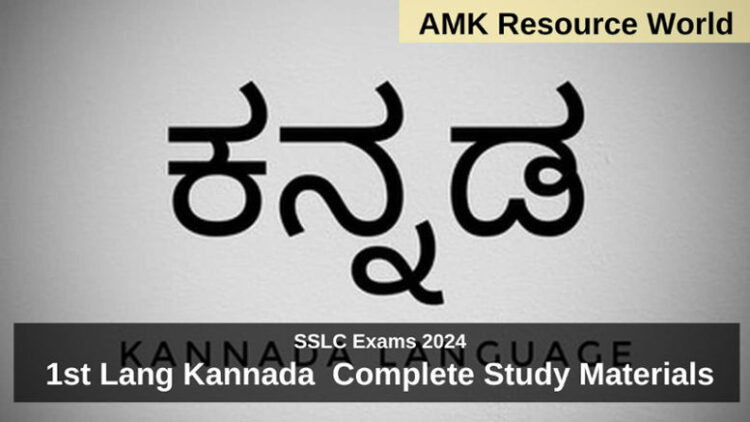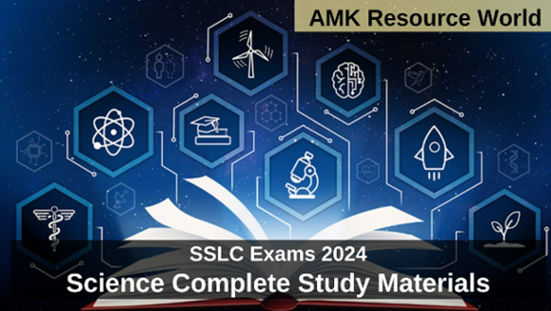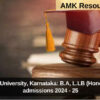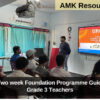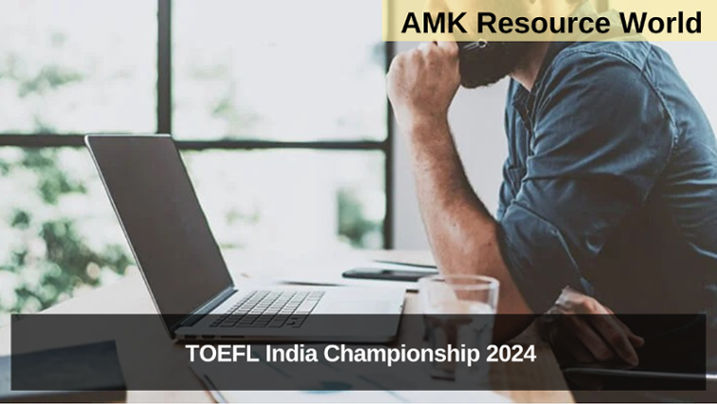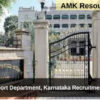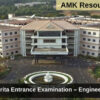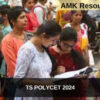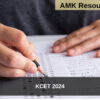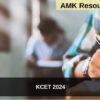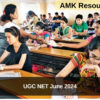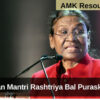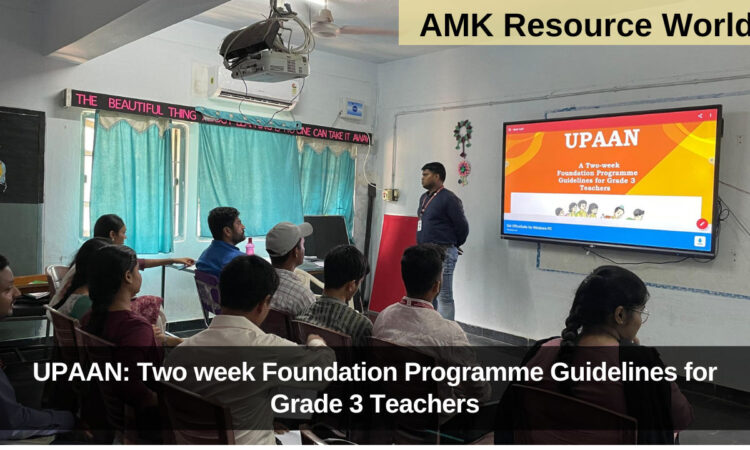In brief a reverse mortgage is a mortgage loan, which is obtained by a residential property that enables the borrower to access the unliable value of the property.Reverse mortgages allow elders to access the home equity they have built up in their homes now, and defer payment of the loan until they die, sell, or move out of the home.
A reverse mortgage doesn’t require the homeowner to make any loan payments unlike a forward mortgage which is used to buy a home.in this scheme the entire loan balance becomes due and payable when the borrower dies, moves away permanently or sells the home.
Federal regulations require lenders to structure the transaction so the loan amount doesn’t exceed the home’s value and the borrower or borrower’s estate won’t be held responsible for paying the difference if the loan balance does become larger than the home’s value. One way this could happen is through a drop in the home’s market value; another is if the borrower lives a long time.
With a reverse mortgage,the lender makes payments to the homeowner instead of the homeowner making payments to the lender. The house owner can decide how to receive these payments and only pays interest on the proceeds received. The interest is rolled into the loan balance so the house owner doesn’t pay anything up front. The house owner also keeps the title to the home. Over the loan’s life, the homeowner’s debt increases and home equity decreases.
As with a forward mortgage, the home is the collateral for a reverse mortgage. When the homeowner moves or dies, the proceeds from the home’s sale go to the lender to repay the reverse mortgage’s principal, interest, mortgage insurance, and fees. Any sale proceeds beyond what was borrowed go to the house owner (if he or she is still living) or the house owner’s estate (if the homeowner has died). In some cases, the successors may choose to pay off the mortgage so they can keep the home.
Reverse mortgage are non-taxable. While they might feel like income to the house owner, the IRS considers the money to be a loan advance.
Purpose of the Loan:
On regular basis, providing financial support to the senior citizens for the purpose of
- Upgradation, renovation and extension of residential property.
- For uses associated with home improvement, maintenance/ insurance of residential property,
- Medical, family emergency expenditure, for supplementing pension/other income, meeting any other genuine need other than for speculative, trading and business purposes.
Loan Amount:
Applicant can avail up to Rs 2 Cr. (Subjected to market value of residential property as assessed by the bank, age of the applicant and prevalent Interest rate.).
Eligibility norms for Reverse Mortgage Loan
- Applicant should be Citizen of India and aged 60 years.
- Married couples will be eligible as joint borrowers for financial assistance, provided that at least one of them is above 60 years of age and the other not below 55 years of age.
- Should be the owner of a self- acquired/ inherited, self-occupied residential property (house or flat) located in India, with clear title indicating the prospective borrower’s ownership of the property and should be free from any obstruction.
Loan Duration:
Loan can last up to 20 years maximum.
Repayment of Reverse Mortgage Loan:
After death of the last surviving borrower/spouse, outstanding loan (Principal + Interest) amount shall become due and payable six months later or the borrower permanently moved out to Old age homes or to an institution or to relatives.
Mode of disbursement:
Any or a combination of following,
- Periodic Payments. (Monthly, Quarterly, Half yearly, annual). (Maximum monthly payment is capped at Rs. 50,000)
- Payment of Lump sum amount (restricted to 50% of the total eligible amount of loan subjected to maximum cap of Rs. 15 Lakhs).
Security
By the way of Registered Mortgage of self-acquired / self-occupied residential property in favour of the Bank ,the loan shall be secured. Commercial property will not be eligible for Reverse Mortgage Loan.
Pros and Cons
Once citizen becomes 62 year or older when your home equity is your biggest asset and you don’t have another way to get enough money to meet your basic living expenses a reverse mortgage can be a good way to get cash. As long as you keep up with property taxes, maintenance, and insurance,a reverse mortgage allows you to keep living in your home and don’t need to move into a nursing home or assisted living facility for more than a year.
However, taking out a reverse mortgage means spending a significant amount of the equity you’ve accumulated on interest and loan fees. It also means you likely won’t be able to pass your home down to your successors. If a reverse mortgage doesn’t provide a long-term solution to your financial problems, only a short-term one, it may not be worth the sacrifice.
Once house owner is passed away the lender won’t be having right to stay in home in case of reverse mortgage. One more problem is some borrowers run into with reverse mortgages is outliving the mortgage proceeds.
If you pick a payment plan that doesn’t provide a lifetime income, such as a lump sum or term plan, or if you take out a line of credit and use it all up, you might not have any money left when you need it.
